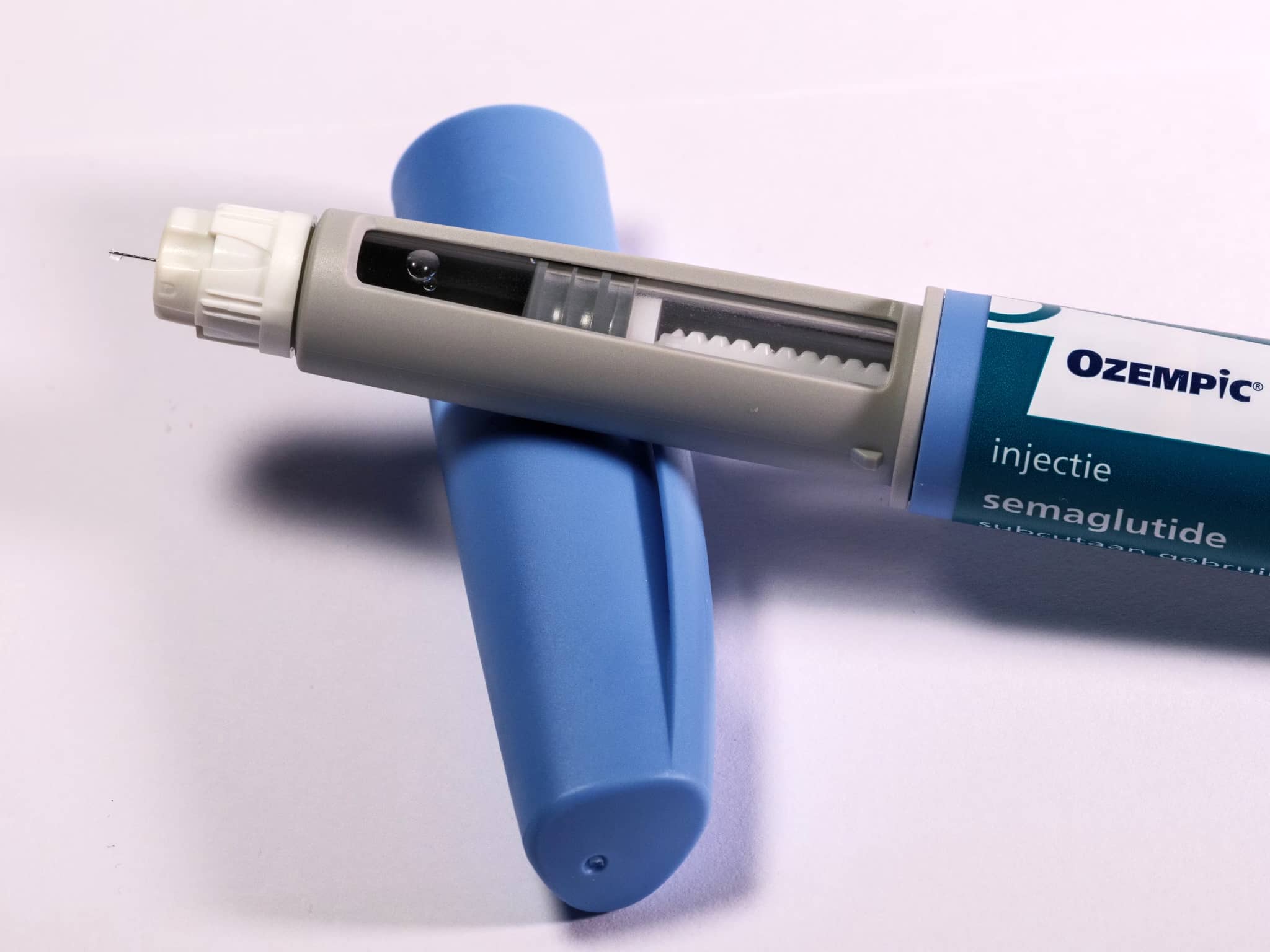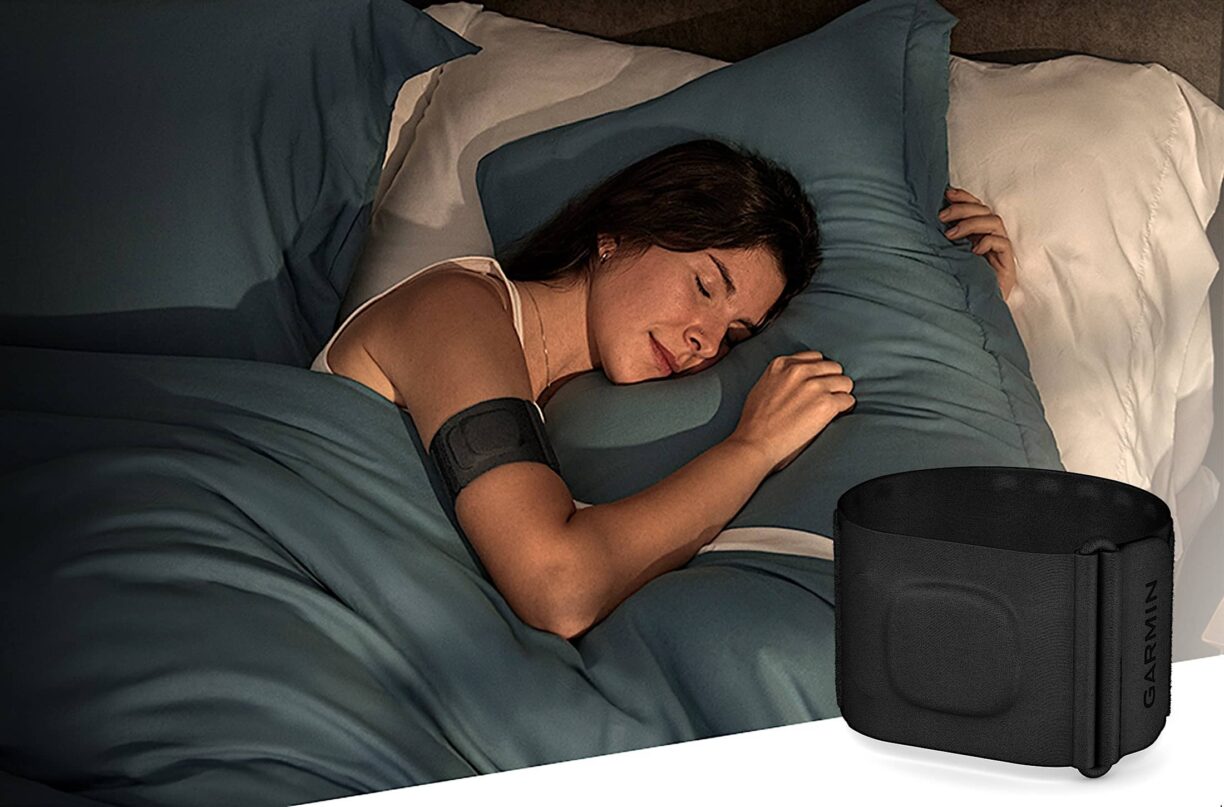Weight loss pen disposal has emerged as Britain’s latest unintended side‑effect of the slim‑down boom, and mishandling weight loss pen disposal is sending a mountain of plastic and needles toward landfill.
A new estimate suggests as many as six million single‑use Ozempic pens—about 96 tonnes of plastic—are heading for the tip annually, the equivalent of nine million empty water bottles stacking up in silence.
The Growing Pile of Plastic Pens
Reddit threads and other online forums are littered with confessions from users who admit they “just chuck the pen in the kitchen bin.”
With roughly 500,000 people in the UK already prescribed GLP‑1 drugs for weight loss—and demand climbing—those casual tosses add up fast.
- 6 million pens a year
- 96 tonnes of plastic
- 9 million water‑bottle equivalent
That’s a hefty pile for a nation proud of its recycling record.
Why Tossing Sharps in General Waste Is Dangerous — and Illegal
Used needles don’t read the small print on refuse sacks. They can jab refuse collectors, opening the door to infections such as hepatitis C or HIV. Worse, flinging sharps into household rubbish breaches the Environmental Protection Act 1990; if traced, you could be fined.
The Right Way to Ditch a Weight‑Loss Pen
- Twist off the needle and drop it straight into a yellow sharps container.
- Seal the bin when full.
- Return the sharps bin to a participating pharmacy, GP surgery, or arrange a local‑council collection.
Yet even diligent users hit a snag: the empty plastic pen isn’t recyclable at home, so most still end up in general waste.
Limited Take‑Back Schemes
Novo Nordisk does run a take‑back programme—remove the needle, then return the bare pen at any Boots store for proper recycling. Handy, unless you’re on rival medications such as Eli Lilly’s Mounjaro, which currently has no scheme.
Industry Called to Act
“The sudden rise in popularity of weight loss pens has led to many people dealing with sharps but without the knowledge of how to properly dispose of them.
“There needs to be an increase in education, as many people are simply unaware of the dangers posed by sharps waste. Alongside this, with the rapid rise, it seems the toll of the plastic used has been largely forgotten.
“It’s vital that the healthcare industry, including the NHS, private providers, and drug makers, take responsibility to help users dispose of their sharps correctly. Work must be done to reduce the environmental impact of these pens.”
— Mark Hall, clinical‑waste expert at BusinessWaste.co.uk
What Needs to Change Next?
- National guidance printed in every pen’s leaflet and echoed on prescription apps.
- Universal take‑back points in high‑street pharmacies, not just select chains.
- Biodegradable pen casings or refillable devices to slash plastic use.
- Public‑health campaigns reminding users that a needle’s final journey matters as much as its first jab.
Bottom Line
Until regulators, manufacturers, and healthcare providers get ahead of the curve, Britain will keep burying an Everest of plastic pens each year.
For now, the best defence is simple: treat every used injector like a tiny medical device—because it is—and give it the sharp exit it deserves. Only then can we slim down the nation’s waste line as effectively as the nation itself.





